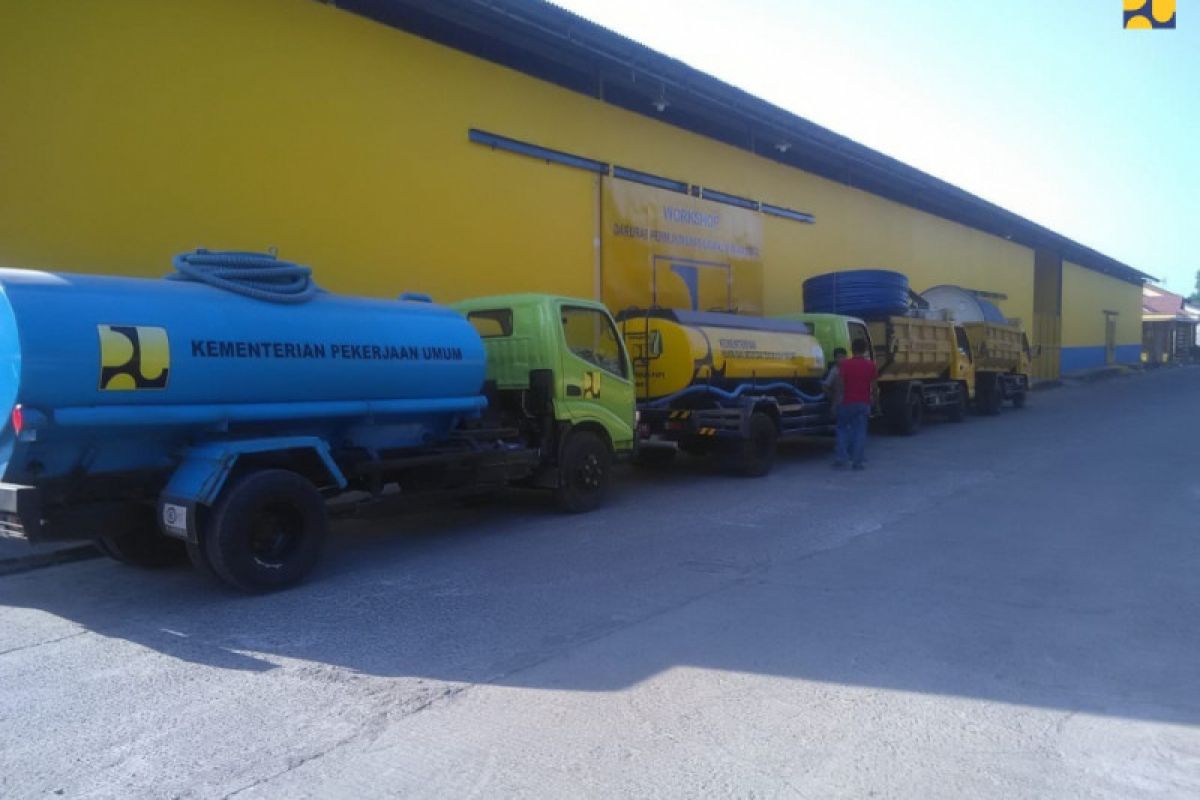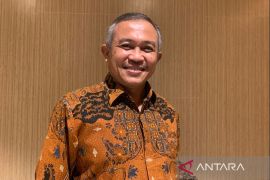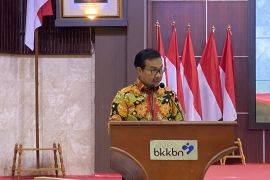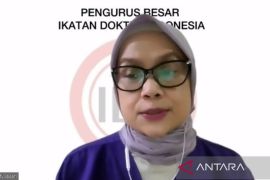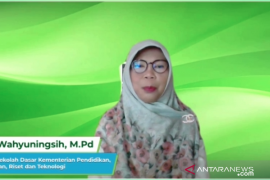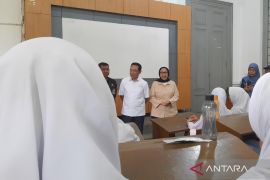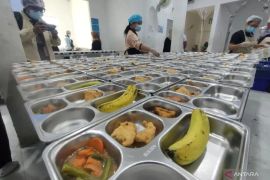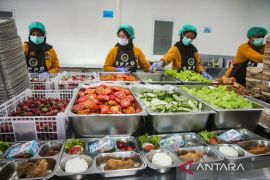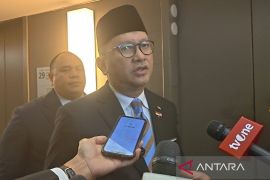"Public perception to keep the environment clean has still not become a necessity. The practices of throwing away trash in public area and open defecation can still be found in several places," the minister noted in a written statement in Jakarta on Tuesday, Feb 5.
In addition to building large infrastructure, such as roads, bridges, and dams, the ministry also has a responsibility to construct basic infrastructure, such as drinking water, sanitation, and decent housing, especially for low-income communities.
Sufficient and better access to drinking water, sanitation facilities, and decent settlements will play an important role in improving the quality of people`s lives.
During 2015 to 2018 period, Public Works and Housing Ministry has carried out constructions of sanitation facilities and solid waste management, such as wastewater treatment plant, final waste treatment plant, as well as coordinated community empowerment programs. Those efforts have benefited around 9.7 million families in the country.
In order to increase the coverage of sanitation access, Public Works and Housing Ministry encourages collaborative funding scheme, with priority handling in regions that still do not have proper sanitation.
One of the regions is Lempuing Village, Ratu Samban Sub-District, Bengkulu City. In this location, the ministry has collaborated with the Islamic Development Bank (IDB) to build a wastewater treatment plant equipped with a piping system worth Rp425 million.
The wastewater treatment plant construction has now been completed and used as facility for processing communal waste from 52 house connections. The location, which is one of the centers of concentration of population in the city of Bengkulu, is in very much need of a waste treatment facility to help preserve the environment.
Reporter: Antara
Editor: Azizah Fitriyanti
Copyright © ANTARA 2019
